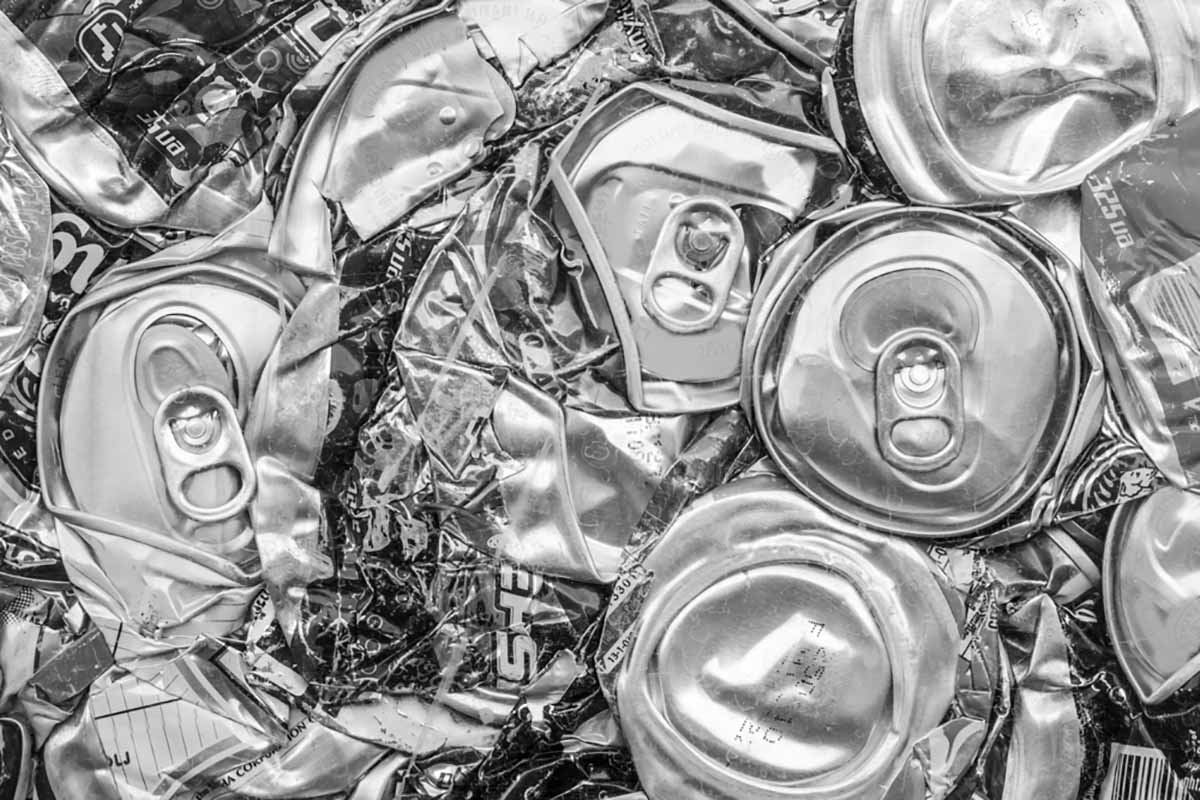
Ball Corporation plans to build a two-line can plant in Oregon and purchased an existing business in Florida. | Pimpic/Shutterstock
Ball Corporation is planning to build a two-line can plant in Oregon and acquired Florida Can Manufacturing, betting on future North American growth.
The Westminster, Colorado-based packaging giant is a huge consumer of aluminum recycled from used beverage cans. In its Feb. 4 earnings call, company CEO Dan Fisher said the North American business “is running at high utilization rates,” and “with the growth we expect in the coming years, this capacity will provide us the fuel for growth we need to deliver on our customers’ plans.”
Ball also purchased Florida Can Manufacturing and its beverage can facility in Winter Haven, Florida, for $160 million, which Fisher said is “well below replacement value.”
In the call, the company noted that there was stronger-than-expected performance in North and Central America in December volumes, which come after lower-than-expected volume in October and November.
“Despite a softer U.S. mass beer category and stretched end consumer, we continue to believe that our 2025 volume will return to growth and will be in line or slightly above market,” said Howard Yu, chief financial officer and executive vice president.
In April, Ball’s annual sustainability report noted that it achieved a global beverage packaging average of 70% recycled content, up 4% from the prior year. Ball is also pursuing alternatives for its reusable aluminum cup business, which may mean forming a strategic partnership in early 2025 “which is expected to result in deconsolidation of the business.”
Yu noted that the reusable cup segment had created about a $40 million cost drag in the past, and deconsolidating it could create around $25 million in improvement year-over-year.
A press release added that the aluminum cups business growth “has not been at the level we initially expected.”
Fisher noted that the company has been navigating coming tariffs and “spent the better part of the last few weeks mitigating what started as a potential $40 million to $50 million issue” concerning tariffs both on and from China. The company “got that resolved down to millions of dollars, a couple million dollars,” by renegotiating deals with the supply base, he said.
Of greater concern is the potential 25% tariffs on Mexico, Fisher said, and “we’ve been in constant contact with some of those customers, and we’ve got plans in place” to help mitigate the risk.
Fisher said a 25% tariff would be concerning “in terms of a pretty stressed end consumer.”

